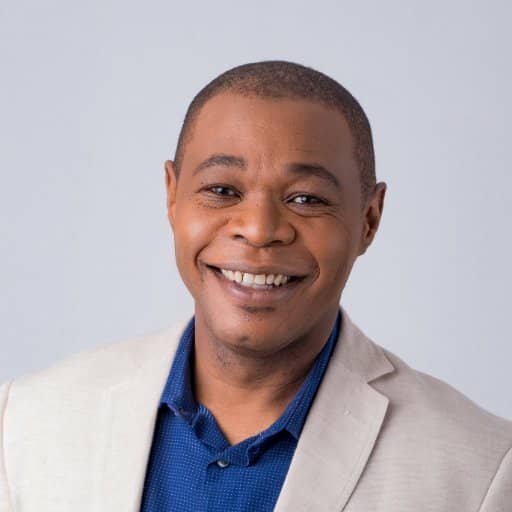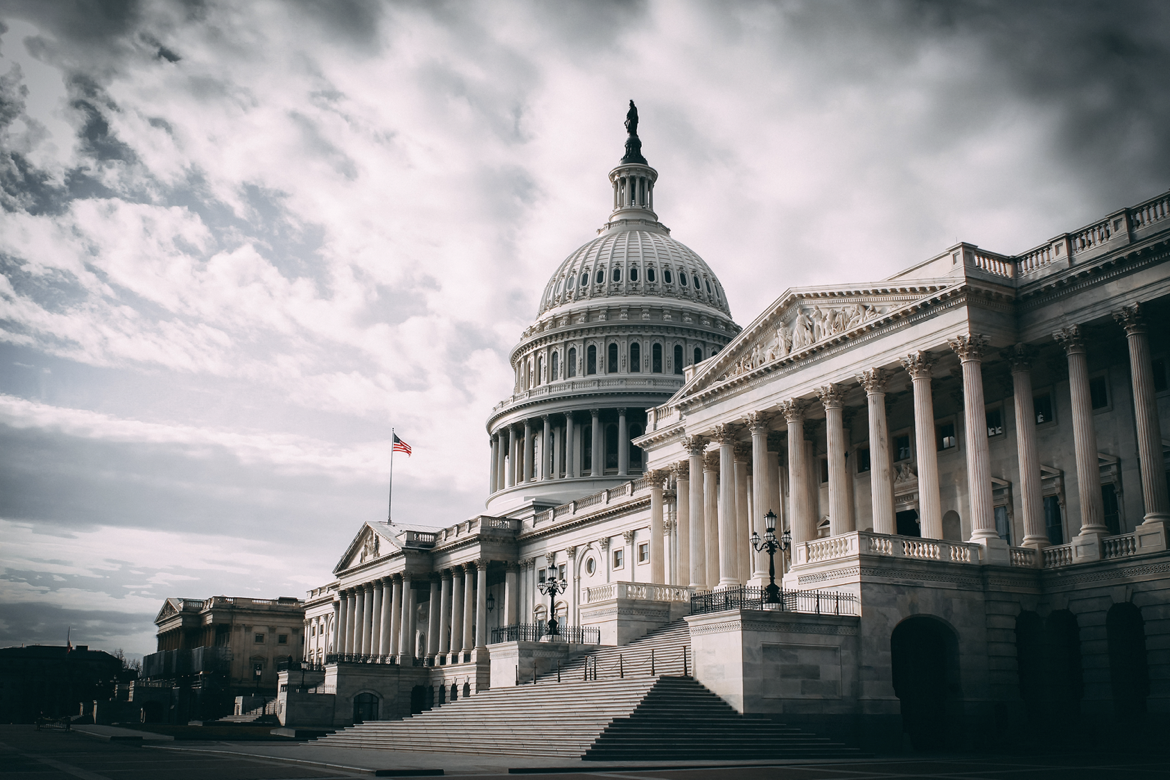1. Point One: A God that cannot be put in a box
In the defense of his openness view, Boyd argues that God does not conform to our natural expectations. He adds: “He reveals his unchanging character of love by his willingness to change in response to us (Jer. 18:1-10). He reveals his unchanging omnipotence by his willingness to become a human being who is crucified. He reveals his unsurpassable sovereignty by his willingness to move with us in history, to experience disappointment and frustration and to become vulnerable to those he loves.” This revelation of God is unparalleled considering other religions and what they expect a deity would do or would not do.
Regardless of the point that Boyd is trying to make about the openness view and the arguments against it, this assessment of God as not a deity that can be framed in a box is legitimate. We can have confidence in God’s unchanging character of love whenever we respond appropriately to the revelation that we have received. This allows me to understand that I have my share of responsibility in the relationship and in making things right with God. The Jews and the Muslims both reject Jesus because according to their human understanding, an omnipotent God cannot be executed by men. Yet, what they consider as folly is the very means that God us to bring about salvation for mankind. In addition, God is not only transcendent, but he is also immanent and therefore is involved in the history of humanity from the garden to the city onward.
2. Point Two: God foreknows everything that he causes but does not cause everything that he foreknows
Citing Augustine, David Hunt writes: “Let us rather confess that nothing in the future is hidden from God’s foreknowledge, and that no sin is left unpunished by his justice, for sin is committed by the will, not coerced by God’s foreknowledge.” “God knows all things” is the bottom line in understanding omniscience, but does omniscience entail that everything is determined to happen inexorably independently of our free will? That’s a question for which the answer can be encouraging or discouraging.
How discouraging it is to know that everything is already settled and that we are mere spectators in our lives. While people who embrace animism may rejoice in the idea that they will be what they shall be without any contribution from their part, it also implies that nothing really matters. Therefore, rewarding bravery or despising cowardice is altogether meaningless. However, I find great joy in knowing that I can make a difference both in my life and in that of others. My free will is not annihilated by God’s foreknowledge. It encourages me when I understand that Paul was warned by God that his travelling companions would be saved only if they decide for themselves to stay in the boat (Acts 27:31). God’s foreknowledge did not coerce their freewill because they had the option to go for the lifeboats. That helps me making sense of God saying (Deuteronomy 30:15): See, I set before you today life and prosperity, death and destruction.
3. Point Three: Only an omniscient mind could providentially direct a world of free creatures toward his sovereignty established ends (Word Count: 250)
If God does not providentially intervene in the affairs of men but rather let it up to us, would there still be people living on this planet? The Bible says (Genesis 6:5): The Lord saw how great the wickedness of humans had become on the earth, and that every inclination of the thoughts of the human heart was only evil all the time. What has really changed in the heart of men since that declaration? Not much. For it is obvious that the belief in the rationality of men to bring about a moral society is wishful thinking.
I am particularly moved by the idea that God has arranged circumstances where we are freely involved and yet, he is fully in control. God’s enemies can only fool themselves that they are in control but in the end, it is His will that will come to pass. As a child of God this fact brings serenity to my life. His peace that surpasses all understanding suddenly makes more sense when I know that despite my shortcomings, and the chaos that sometimes best describe the world around me God’s plan will prevail, and his providential control is unfailing. God allows us to exercise our free will in circumstances in which he foreknows both the outcome and the process knowing every individual essence. Craig is right when he says: “Once one grasps the doctrine of divine middle knowledge, one is led to adoration and praise of God for his breathtaking sovereignty.”
By James Beilby and Paul Eddy, Eds.
Reviewed by Lesly Jules






